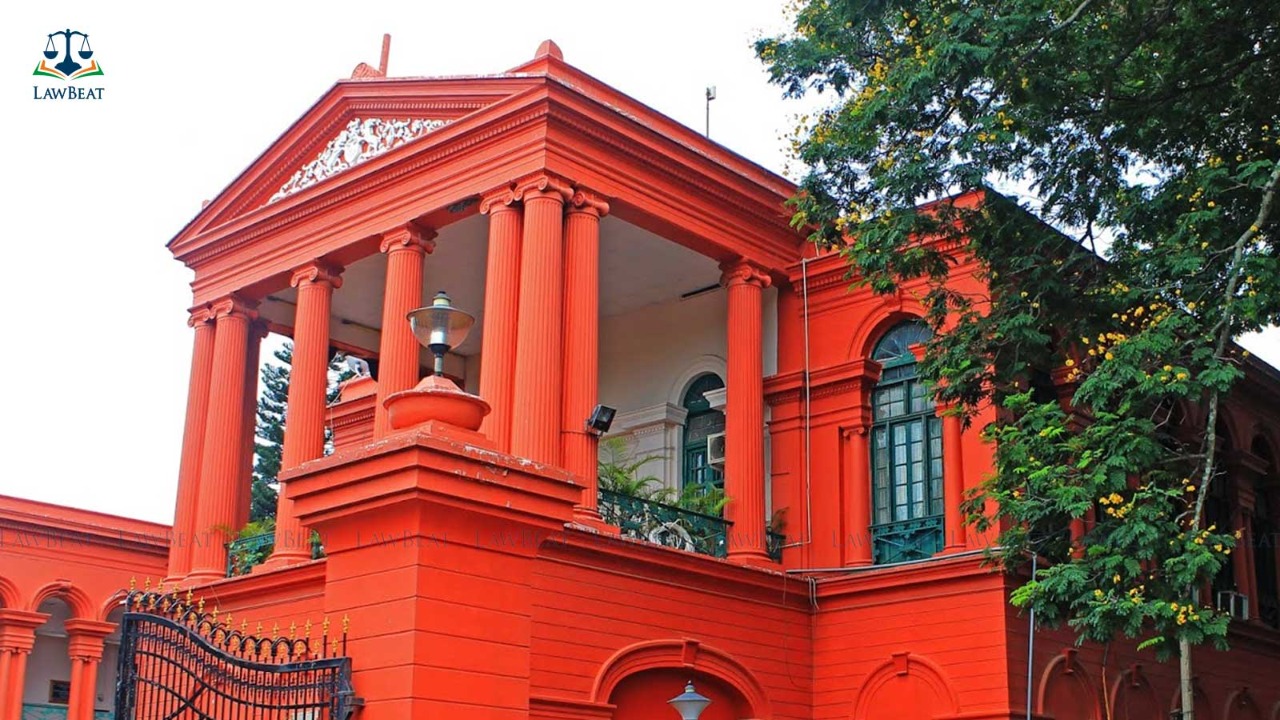To prosecute under UAPA accused need not necessarily be member of terrorist organization: Karnataka High Court in RSS worker murder case

The two men are accused of being involved in the brutal killing of a uniformed Rashtriya Swayamsevak Sangh (RSS) member in 2016 with an intention to create terror in the mind of other members of RSS.
The Karnataka High Court recently dismissed the appeal filed by two men against the order of the Special Court for NIA Cases, Bengaluru rejecting their bail plea in an RSS worker murder case.
The two men, accused of brutally killing a uniformed Rashtriya Swayamsevak Sangh (RSS) member in 2016 with an intention to create terror in the mind of other members of RSS, had contended that they were not members of organizations PFI (Popular Front of India) or SDPI (Social Democratic Party of India), as alleged, therefore, they could not be prosecuted under the Unlawful Activities (Prevention) Act (UAPA).
Their counsel had further contended that even if the appellants were considered to be members of PFI, which is not a terrorist organization enumerated in the first schedule of UAPA, therefore too, not being members of any terrorist organization, they could not be prosecuted under the Act.
Court, however, rejected this contention and noted that the term `terrorist act’ has been enumerated in Section 15 of the UAPA which commences with the words `whoever’. Court said that the dictionary meaning of `whoever’ is `anyone or everyone’ and the terminology 'any person who is a member of terrorist organization' as contained in Section 20 has not been used in Section 15.
"Therefore, an individual can be prosecuted for terrorist act defined under Section 15 of the UAP Act and it is not necessary that to prosecute any person under the UAP Act he should be a member of a terrorist organization," Court held.
Court added that being a member of a terrorist gang or organization which is involved in terrorist act itself is an offence under Section 20 of the UAPA. "Therefore, the contention of the learned counsel for the appellants that individuals who are not members of banned organization cannot be prosecuted for offence under UPA Act does not hold any substance," Court concluded.
The two men are under trial for the offences punishable under Section 302 read with Section 34 and Sections 109, 120-B, 150, 153A, 201 of the Indian Penal Code and Sections 3, 27 of the Arms Act and Sections 15, 16, 17, 18 and 20 of UAPA.
Court further rejected appellants' contention that they were not initially named in the case and there was no CCTV footage showing them at the place of the incident, where two men on a motorbike had killed the RSS worker with a machete and held that "considering all the charge sheet material the trial Court rightly came to the conclusion that there is a prima facie case against the accused persons to show their involvement in the crime".
Accordingly, Court dismissed the instant appeal and directed the special Court to expedite the trial.
Case Title: Irfan Pasha and Mohammed Mujeeb Ulla v. National Investigating Agency
